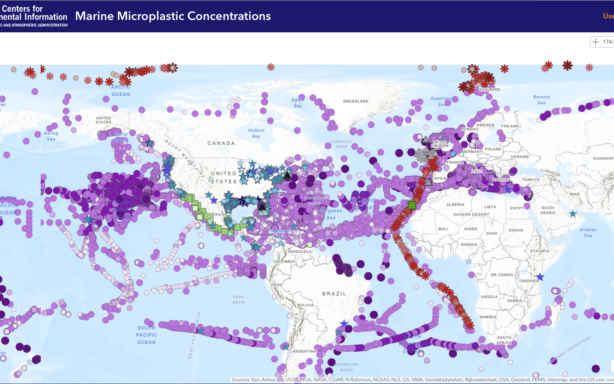Why is train travel so expensive? A European perspective.

The high cost of train travel gives gas guzzling flights an unfair advantage.
Rail is the most electrified mode of transport in Europe and accounts for less than 1% of EU transport emissions. It’s nearly five times less emissions-intensive than air travel (on average), which has contributed to an estimated 4% of global warming worldwide. For the more than 60% of Europeans who support a ban on short-distance flights, rail transport is the obvious transport choice.
But while three in four Europeans are willing to pay a premium for ‘sustainable products’, choosing the train costs travellers on average double the price of flying internationally in Europe. For some routes, it’s 30 times more.
So why are trains so expensive? Or, rather, how are flights so cheap?
Budget airlines infamously use an array of loopholes to squash costs, such as flying into cheaper airports, headquartering in countries with low corporate tax, and minimising the number of staff per flight.[1] And the entire EU aviation industry — budget and luxury airlines included — benefits from billions in government support each year, enabling artificially low prices industry-wide.
In 2022, EU governments lost out on an estimated €34 billion in tax exemptions to the industry. Airlines pay reduced or no flight ticket tax or VAT, and zero tax on kerosene (a fossil fuel used to power planes), despite contributing to nearly 4% of EU CO2 emissions. Governments are also financing other schemes that benefit airlines — for example, the Dutch government pays farmers near Amsterdam’s Schiphol Airport €853 per hectare each year to plough their land right after harvest, to avoid birds searching for food from colliding with planes. Meanwhile, EU railways and train operators pay energy taxes, VAT and high rail tolls in most countries.
Reducing the aviation tax gap will help train ticket prices compete. But the railway industry faces other challenges too.
Europe’s cross-border train system is disjointed. A lack of technical standardisation means countries use different trains, tracks and signalling systems, making crossing borders by train a logistical nightmare. Train scheduling and ticketing systems also vary across countries, making it complicated for passengers to book international train trips the way they would flights.
Railways are operated by national companies which make the vast majority of their profits via domestic travel, so there is little incentive to invest in fixing the cross-border conundrum. National operators understandably buy trains best suited to their country’s railroads, but this forces those travelling internationally to pay more and often switch trains at the border. The result of all this is an ‘ineffective patchwork of national lines,’ according to the executive director of the European Railway Agency.
Despite Europe continuing to fund carbon-intensive aviation, rail is starting to get more attention.
In 2023 the EU announced €6.2 billion in grants for more sustainable and efficient transport infrastructure initiatives, including cross-border rail projects. It has also set targets to double highspeed rail traffic by 2030 and triple it by 2050 (compared to 2015), as part of the EU Green Deal’s aim to cut transport-related emissions by 90% by 2050.
At a national level, France is leading the charge with concrete action. In 2023, it banned flights shorter than 2.5 hours and announced its plan to finance €100 million of railway investment by increasing flight ticket tax.
Europe’s trains are on the right track. But we need to see more aggressive action from governments — taking inspiration from France — to make train travel the obvious choice from both an environmental and cost perspective.
[1] This Greenpeace report shares a fuller list of budget airlines’ shortcuts.






